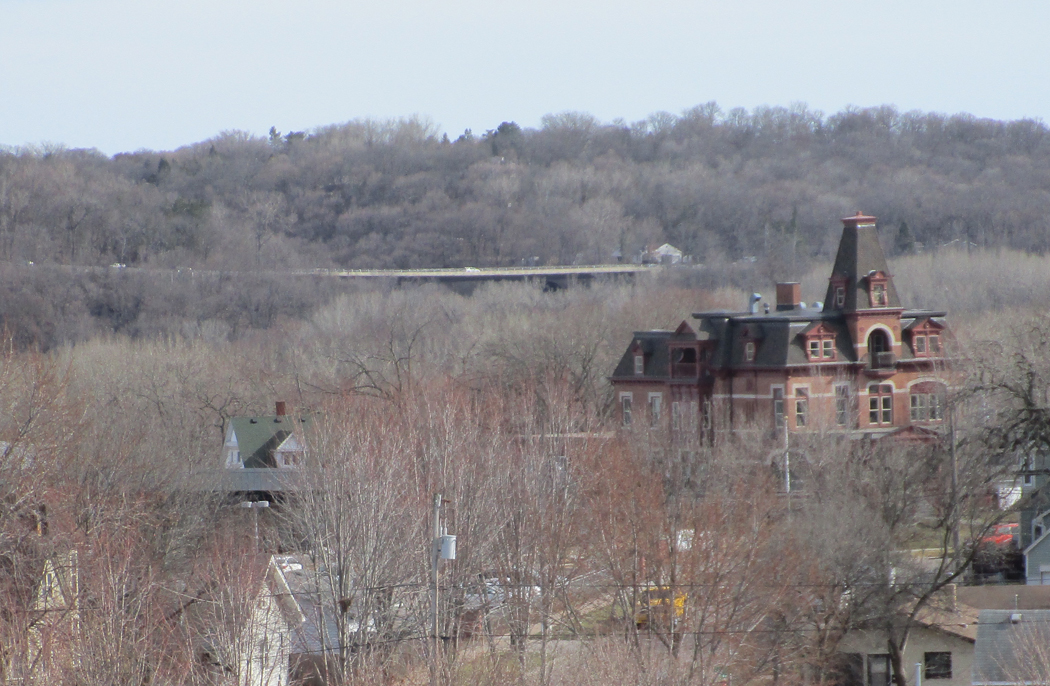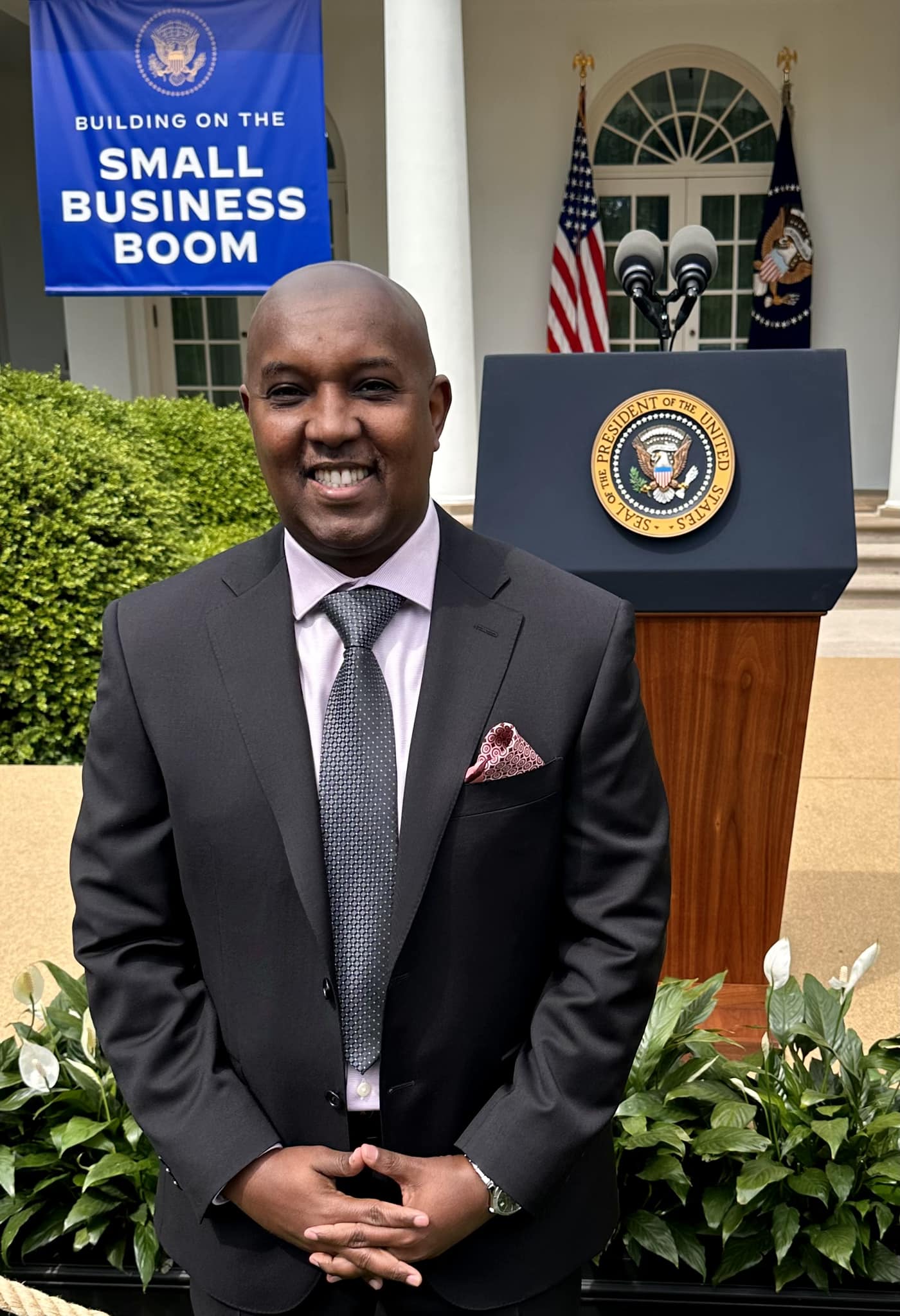Shall we return to the way things were?
Voices of the West End
by Jerry Rothstein
This is the first installment of Voices of the West End, a new series in which neighbors discuss essential questions of policy, development, culture, community values and justice that deeply affect our lives. The format includes a kickoff essay followed by responses, with a diversity of perspectives reported. Topics can be revisited when their importance generates new ideas and participation.
Our first discussion responds to the commonly voiced idea that when the COVID-19 pandemic is “over,” we’ll be able—we’ll want—to return to the ways things were.
The Jewish teaching on “Tikkun Olam”—our responsibility as individuals to contribute to the necessary “repair of the world”—is vitally important today. There is growing awareness that our physical, political, economic, social, cultural and spiritual worlds have been damaged, disrupted and threatened from many different directions.
The pandemic intertwines with all dimensions; climate change approaches the point of no return; the assault on our ability to talk with each other through shared facts seems endless. Millions of people experienced startling revelations of the injustices and inequities common in the lives of those who are Black, Indigenous and people of color, and the insecurity and burden they face in every aspect of “ordinary” life.
President Biden spoke of our need now to “Repair, restore, heal and build,” and Youth Poet Laureate Amanda Gorman emphasized rebuilding, reconciliation and recovery.
I interpret these ideas and experiences not as a call to return to the way things were, not to believe we should be “getting back to normal as soon as possible.” This so-called “normal” refers to a time when far too many of our fellows experienced challenges to their day-to-day security due to the lack of adequate and affordable housing, food resources, childcare services, health care or transportation. Without a safety net to catch us, a crisis in any area might bring one’s entire house down.
But I’m not referring only to “the poor,” whom we must always keep at the top of our mind. The pandemic showed us how vulnerable anyone can be to all the ills that poor people live with every day. It made everyone’s fragility obvious, and when people began to experience those burdens, many became capable of understanding “otherness” and what it means to be defined as “the other.”
This capability, I believe, is what allowed the outrage over George Floyd’s killing to transport so many people from a theoretical understanding of the racial injustice in our country to a visceral experience of what it must mean for a police officer to feel entitled to ignore another person’s pleas for life.
So the first question for discussion is this: “How do you see the work of repair we need to do, and what should we aim to accomplish?”
Please send your response to editor@communityreporter.org for consideration in this series. We look forward to sharing your perspective.




